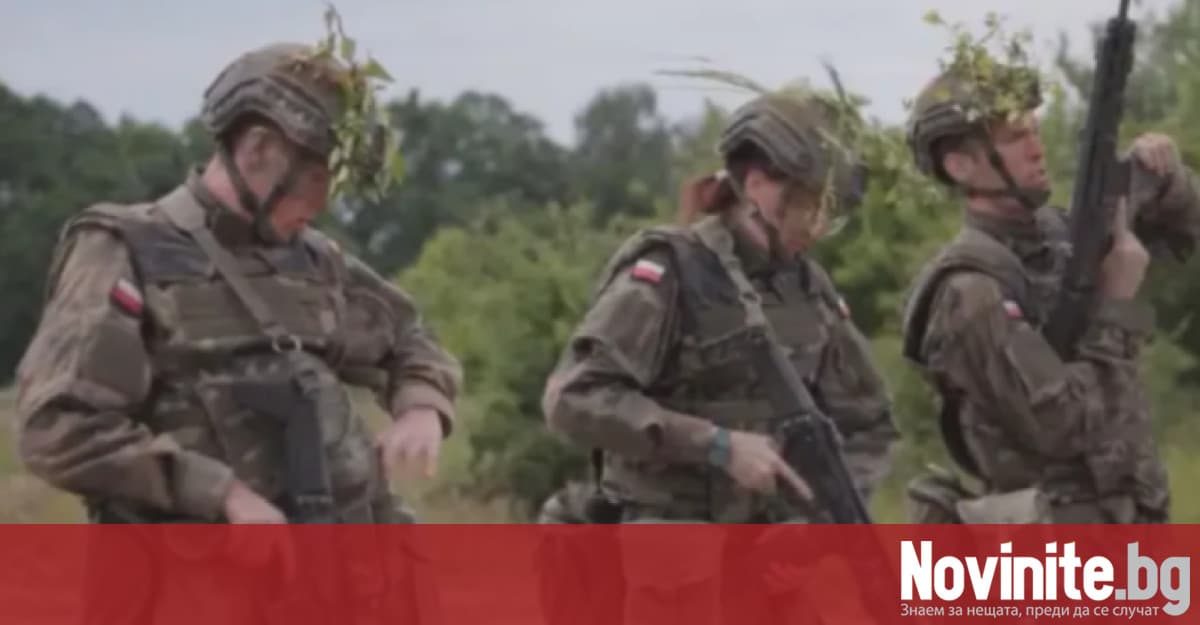Six kilometers from the Russian border in northern Poland, office administrator Agnieszka Jedruszk digs a trench. Driven by the fear of war with Russia, she wants to be able to protect her family, including her 13-year-old son.
Thousands of Poles like her are signing up for voluntary military training as the Polish army tries to fill its ranks amid escalating fears of military aggression from Russia.
For many people in Poland, which endured decades of Soviet domination, the fear of Russian hostility is great.
These concerns intensified this week after Poland shot down Russian drones in its airspace on Wednesday.
The Kremlin this week accused Western countries of “emotional overload” and hostility toward Russia, which poses no threat to them. The Russian side declined to comment on the drone incident.
Edrusak's military training took place in Braniewo, at a training ground for South Korean K-2 tanks, after Poland ordered 180 of them in 2022 under a major military cooperation agreement.
Situated amidst forests and sandy terrain, the place echoed with the roar of tank engines.
While trying to stay focused in her daily life, Agnieszka Edruszak says she wants to prepare for a"new reality."
More than 20,000 Poles signed up for voluntary military training in the first seven months of 2025 – in line with last year’s record levels.
Around 40,000 volunteers are expected to complete military training by the end of this year, more than double the 16,000 in 2022, reflecting the surge in public participation following the Russian invasion of Ukraine, BTV reports.
Since the start of the war in 2022, Poland has doubled its defense spending from 2.2% of GDP to 4.7% this year – the highest share of military spending in the 32-member NATO alliance, far ahead of more established European powers such as Germany, France and Britain.
Volunteers can choose to continue in professional military service, join the territorial defense forces, or remain part of the active or passive reserve.
Those who join the Territorial Defence Force usually serve part-time in their home regions and may be called up in emergencies or heightened threats, including natural disasters or border crises.
Volunteers train alongside professional soldiers, but are not included in regular units unless they officially enroll, writes Glasnews.bg.
This structure allows for the creation of a scalable force that can support Poland's defense strategy in case of need – similar to the systems used in Lithuania and Germany.

